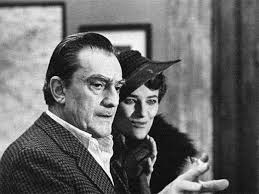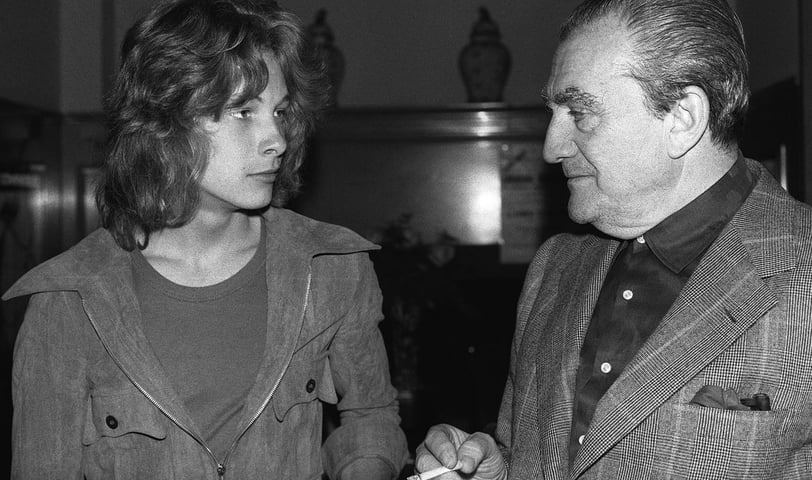Only for my family and close friends.
Luchino Visconti, 1906- 1976 (70), Italy
Cinema’s Aristocrat of Decay and Desire
DIRECTORS
5/25/20251 min read


Luchino Visconti was a nobleman by birth and a revolutionary by spirit. Born into an aristocratic Milanese family, he brought a unique blend of grandeur, sensuality, and social critique to Italian cinema. His work speaks powerfully in 2025, as we revisit a century marked by class conflict, personal identity, and the crumbling of old worlds.
Visconti began with Ossessione (1943), a gritty precursor to Italian neorealism, adapting James M. Cain’s American novel into raw, passionate Italian life. But he soon evolved into a master of lush, operatic storytelling—films filled with opulent visuals, tormented characters, and themes of decline. The Leopard (1963), starring Burt Lancaster, remains his crowning achievement: a sweeping portrait of Sicily during the Risorgimento, rich in history and fatalism.
In Death in Venice (1971), he offered a haunting meditation on beauty and mortality, as relevant now as ever in our image-saturated age. Rocco and His Brothers (1960) is still a searing depiction of poverty, migration, and fractured family. And The Damned (1969) boldly examines the rise of fascism through a decadent German family.
Visconti’s films remind us that cinema can be both political and poetic, intimate and grandiose—a mirror to both society and the soul.
5 Essential Films by Luchino Visconti
Ossessione (1943)
Rocco and His Brothers (1960)
The Leopard (1963)
The Damned (1969)
Death in Venice (1971)


